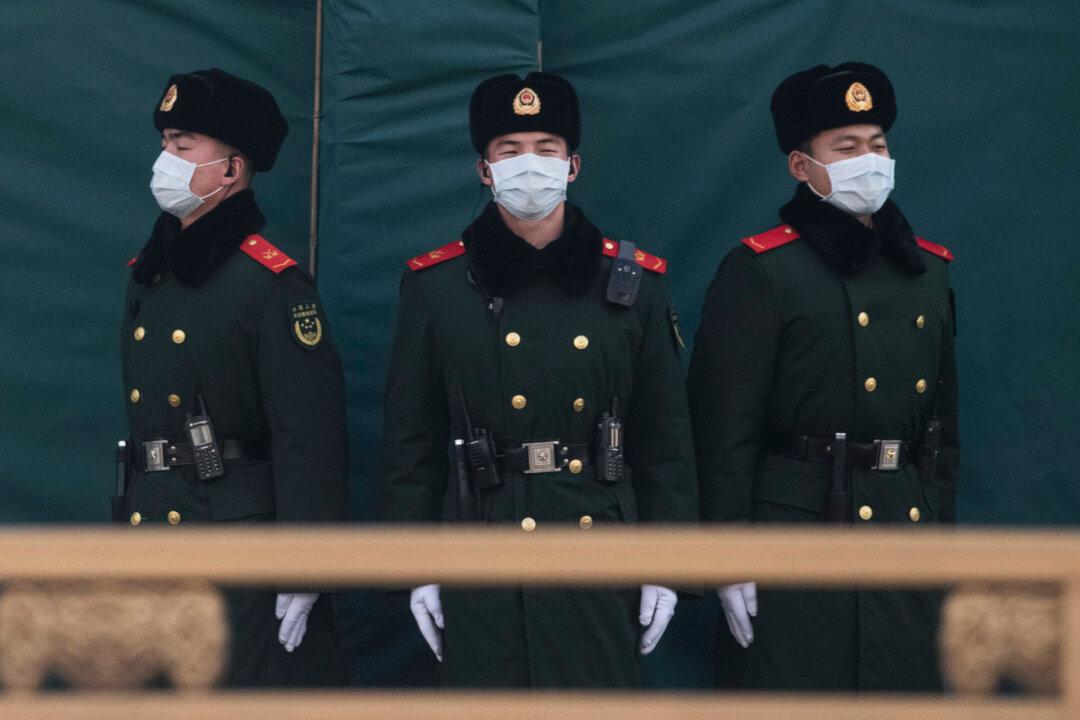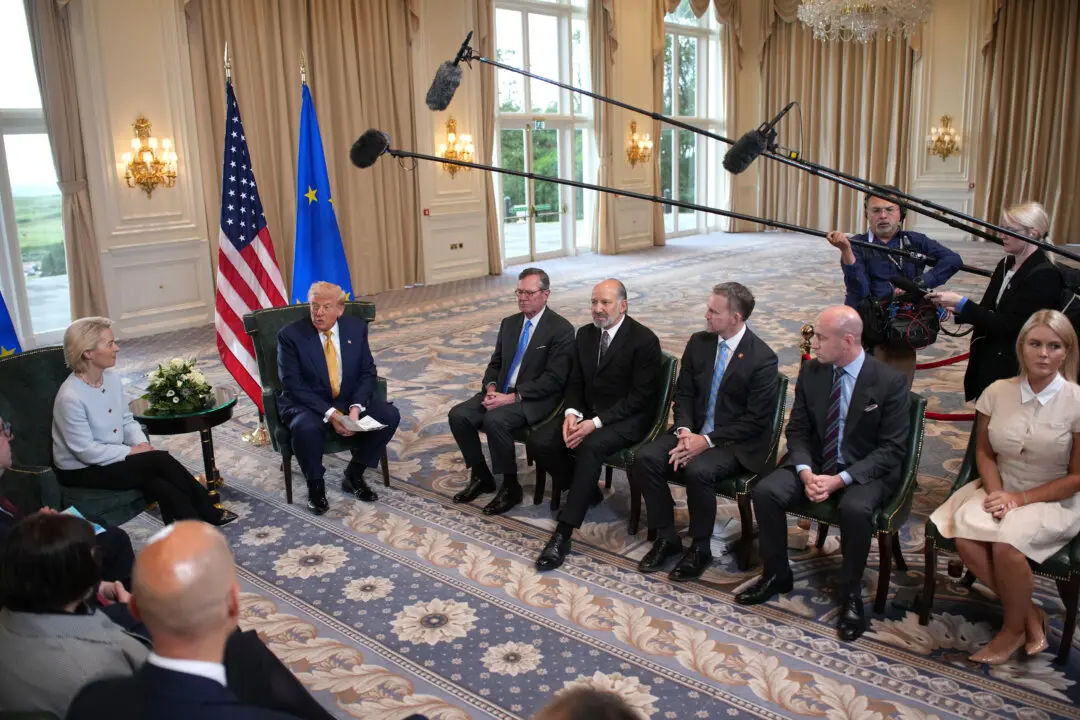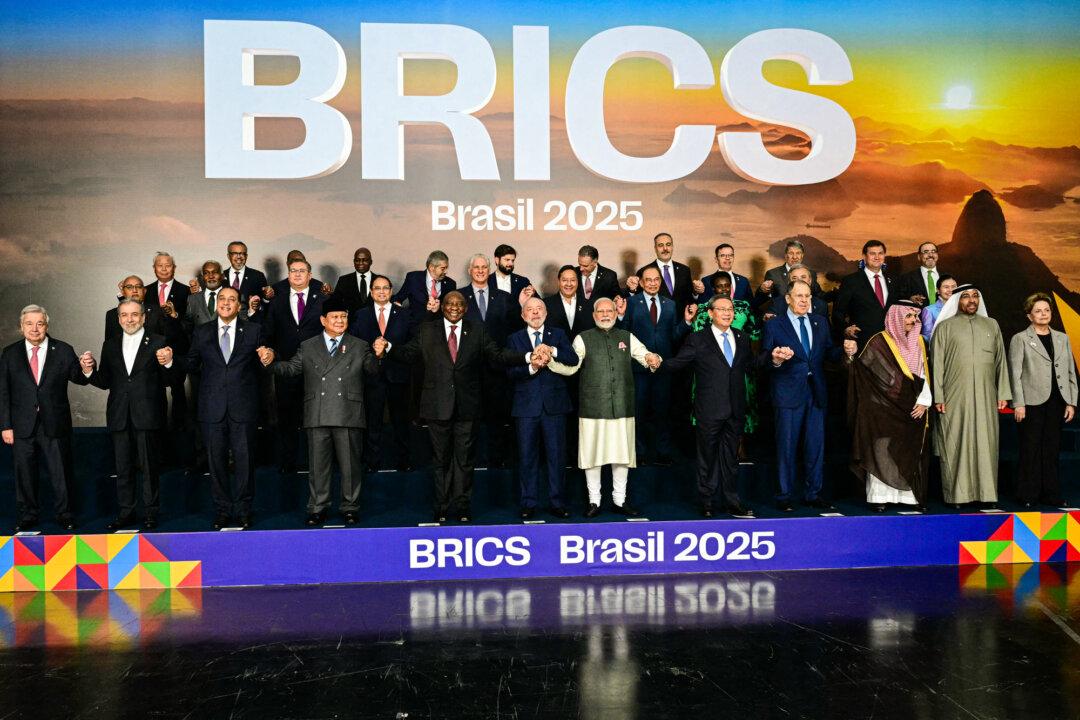Commentary
On March 13, 2020, in response to the Chinese Communist Party’s (CCP’s) propaganda that blamed the U.S. military for the CCP virus pandemic, I expressed my deep concern in an article I wrote for The Epoch Times about the purpose and risks of such loaded propaganda. It struck me as rather alarming that Beijing would venture down such path when it implied that a war with the United States would be the only proper response.





